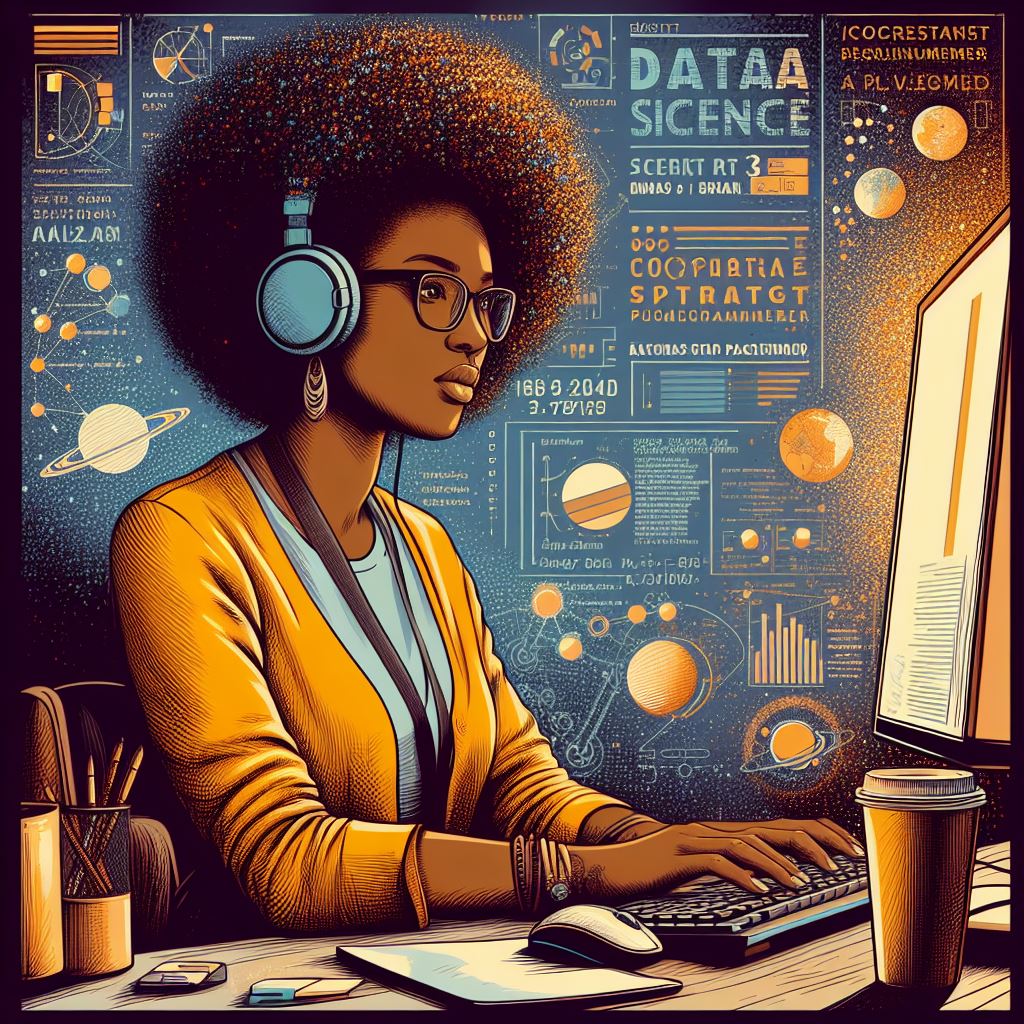Natural Language Processing (NLP) is an essential field of artificial intelligence (AI) that allows computers to understand, interpret, and generate human language. With applications ranging from chatbots to advanced search engines, NLP is transforming industries by making human-computer interactions more intuitive and efficient. In this article, we explore how NLP is reshaping various sectors, its key technologies, and its impact on the future of AI.
What is NLP?
Natural Language Processing is a branch of AI focused on the interaction between computers and human language. It involves multiple processes, such as text analysis, speech recognition, and language generation. NLP aims to bridge the gap between human communication and machine understanding, enabling machines to comprehend, analyze, and even generate text in ways that mimic human conversation.
Key Technologies in NLP
There are several key technologies that form the backbone of NLP systems:
Tokenization:
Tokenization is the process of breaking down text into smaller units, such as words or sentences, known as tokens. This is one of the first steps in text processing and helps machines understand individual components of language.
Named Entity Recognition (NER):
NER is used to identify and categorize entities such as names of people, locations, dates, and other significant terms within a text. This technology is crucial for extracting structured data from unstructured text.
Part-of-Speech Tagging:
This technology involves assigning parts of speech (nouns, verbs, adjectives, etc.) to each word in a sentence. It helps machines understand the role of each word and the structure of the language.
Sentiment Analysis:
Sentiment analysis detects the sentiment or emotion expressed in a piece of text. It is widely used in applications like customer feedback analysis, social media monitoring, and brand management to assess public opinion.
Machine Translation:
Machine translation uses NLP techniques to automatically translate text from one language to another. Popular applications like Google Translate rely heavily on NLP to provide accurate translations across multiple languages.
Applications of NLP Across Industries
NLP is not limited to theoretical research but has practical applications across various industries. Let’s explore some of the most prominent uses:
Healthcare:
In healthcare, NLP is used to extract valuable insights from unstructured medical records, patient reviews, and research papers. This aids in faster diagnoses, personalized treatments, and better patient care.
Customer Service:
NLP powers chatbots and virtual assistants, providing customers with instant support. These AI-driven solutions can handle a wide range of customer queries, improving efficiency and reducing operational costs for businesses.
E-commerce:
NLP helps in enhancing product search and recommendation engines. By understanding customer queries better and analyzing product descriptions, NLP-driven systems can deliver more accurate search results, improving the overall shopping experience.
Finance:
Financial institutions use NLP to analyze news articles, reports, and social media for market sentiment. It assists in making data-driven decisions, identifying trends, and managing risk more effectively.
Education:
NLP is used in personalized learning systems, where it helps analyze student interactions and assess their learning progress. It also powers AI tutors that offer tailored feedback to students based on their performance.
The Future of NLP
As AI and machine learning continue to evolve, NLP is expected to become more sophisticated. Innovations such as deep learning and neural networks are improving NLP systems’ ability to understand context, detect nuances, and generate human-like responses. In the future, we can expect even more personalized and intelligent applications that will revolutionize how we interact with machines.
Conclusion
Natural Language Processing is reshaping the way we interact with technology. By enabling machines to understand and process human language, NLP is creating smarter, more intuitive systems that improve customer experiences, drive business efficiency, and open new possibilities in various industries. As this field continues to evolve, the potential applications of NLP are virtually limitless, making it one of the most exciting areas of AI development.
